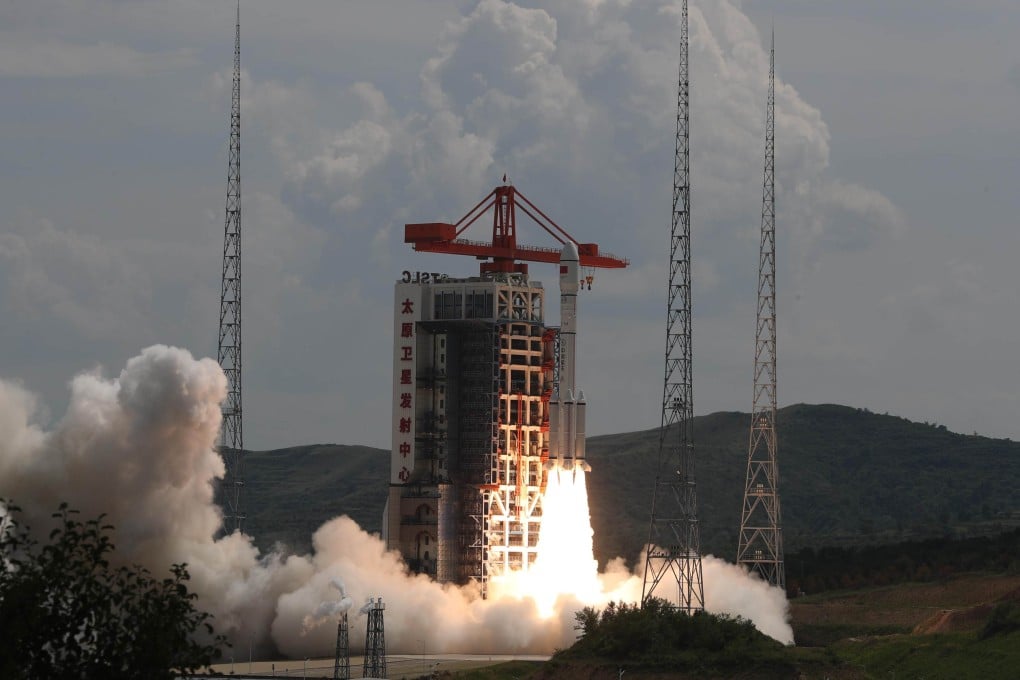US general urges China to report space debris as G60 satellite network launches
US Space Command chief says Beijing failed to notify about space junk left behind after rocket launches, but notes ‘positive’ moves

Speaking at a panel in Colorado this week, General Stephen Whiting identified two occasions when Chinese satellite launches left behind loads of debris in orbit in the past two years.
“I hope next time there’s a rocket like that that leaves a lot of debris, it’s not our sensors that are the first to detect that, but we’re getting communications that help us to understand that, just like we communicate with others,” the Space Command chief said.
On August 6, a total of 18 satellites were delivered by a Long March 6A rocket, which took off from Taiyuan Satellite Launch Centre in central China. It marked the start of an ambitious 14,000-satellite broadband network to rival Starlink, the top operator of internet services from low-Earth orbit. But the upper stage of the launch vehicle broke apart soon after delivery.
